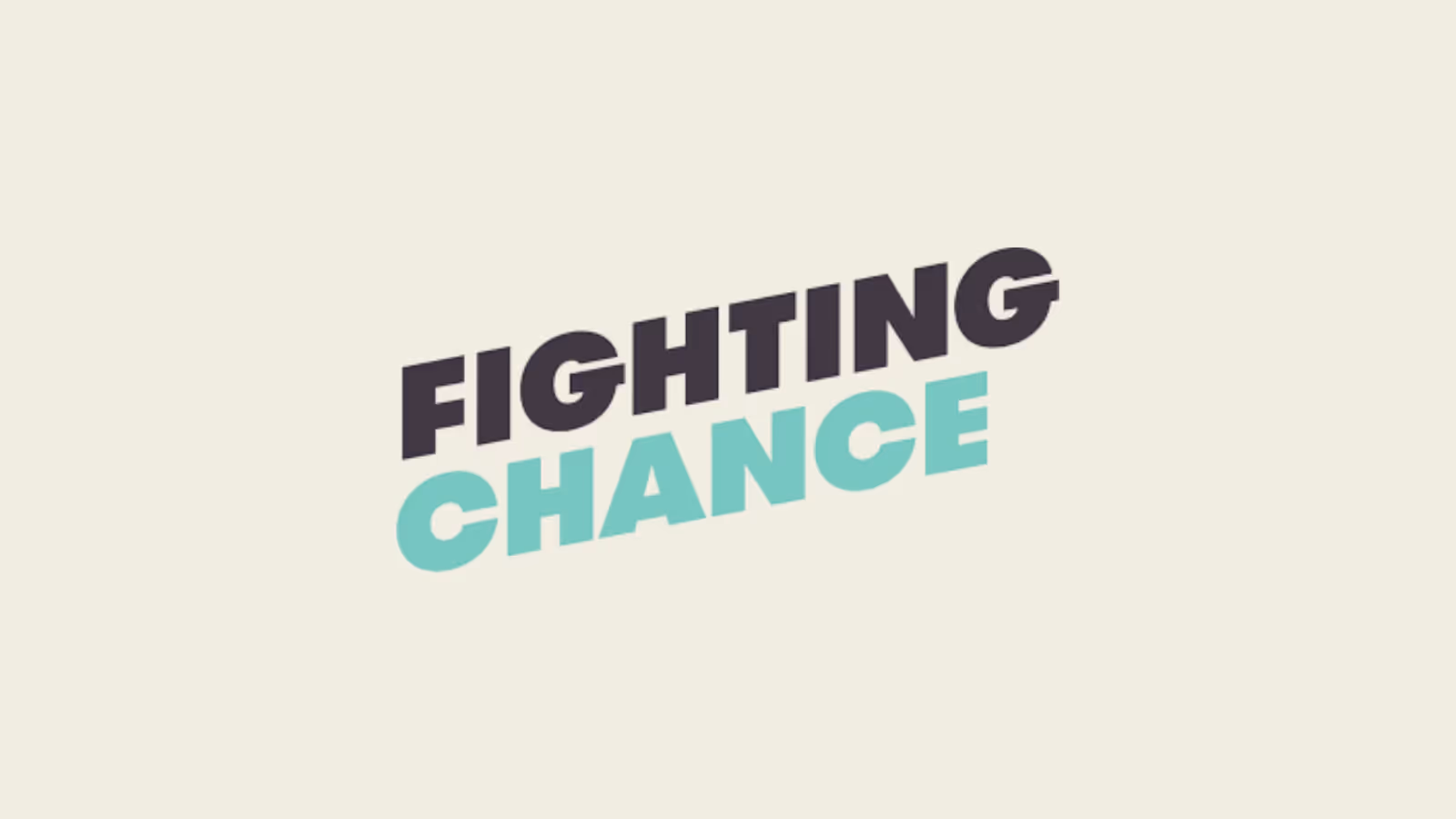Psychological Safety at Work Examples
Easy examples to build psychological safety and trust in your workplace.

Psychological safety is shaped through everyday actions, not just policy. These actions are designed to strengthen trust, improve communication, and reduce the fear of judgement or failure.
Whether your team is new or established, these exercises can help shift the culture from cautious to collaborative.
1. Check-In Round
Kick off meetings with a simple check-in ask each person to share one word that describes how they’re feeling. It’s quick, low-pressure, and sets a tone of openness.
Over time, this builds empathy, helps team members tune into each other’s moods, and encourages routine participation from everyone, not just the loudest voices in the room
2. Personal Histories Exercise
Each team member shares a few light, non-work-related facts like a childhood job, a favourite hobby, or a memorable trip.
This can seem trivial or ‘unproductive’, but simple activities like this humanises colleagues, it’s how we form relationships with the people we work with and build trust, it can also break down assumptions we might hold about the people we work with, because we’ve never asked.
When people know a bit more about each other’s backgrounds, it’s easier to relate, empathise, and collaborate openly.
3. Stop / Start / Continue
Teams reflect on what behaviours to stop, start, or keep doing. This promotes constructive feedback and shared accountability. When done effectively, this not about complaining about workload or the things that need to be done, but seeking improvement for the team.
4. Sticky Note Worries (a.k.a. Anxiety Party)
Each team member writes down a concern, fear, or frustration anonymously on a sticky note (or virtual equivalent). The team then reads them aloud and discusses patterns or themes together.
This activity surfaces hidden stressors, builds empathy, and helps people realise they’re not alone. It normalises vulnerability and opens the door to better support and problem-solving. Doing this in an anonymous forum can give people the confidence to share and they might even see that other team members feel the same way too.
5. Spectrum Questions
Present a statement or trait like “I’m more of an introvert than an extrovert”and ask team members to position themselves along a virtual or physical line. This activity highlights the diversity of personalities, working styles, and opinions within the group, helping people see both differences and surprising similarities.
It creates space for respectful dialogue and reminds everyone that there’s no single “right” way to show up at work.
Find out more about ways of supporting workers with anxiety.
6. Just Like Me” Statements
A facilitator reads out a series of simple, relatable statements like “This person has felt nervous to speak up in a meeting” or “This person has made a mistake at work.” Team members silently raise their hands if the statement applies to them.
It’s a quiet but powerful way to show that many experiences are shared, even if rarely spoken about. This activity builds empathy, reduces shame, and helps create a sense of belonging and trust within the team.
Why These Activities Work
Psychological safety isn’t about being “nice” — it’s about creating conditions where people can contribute without fear. These activities work because they target the core drivers of safe, collaborative teams:
1. They Reduce Threat Response
Low-risk exercises signal safety, lowering stress and allowing people to think and speak more freely.
2. They Build Belonging
Sharing light personal details or common experiences strengthens trust and humanises colleagues.
3. They Normalise Vulnerability
Small, structured moments of openness show it’s safe to raise concerns or admit uncertainty.
4. They Level the Playing Field
Tools like check-ins, spectrum questions, or silent idea-sharing ensure everyone’s voice is heard—not just the most confident.
5. They Create Consistent Rituals
Regular forums for sharing concerns or ideas make psychological safety a habit, not a one-off event.
6. They Strengthen Team Learning
Reflection-based activities shift the culture from blame to improvement, turning mistakes into learning opportunities.
How to Introduce These Activities
Psychological safety only grows when these exercises are introduced with care. Start with low-risk activities so people can ease in without feeling exposed, and model vulnerability yourself — if leaders don’t go first, no one else will.
Keep participation optional; forcing openness will only heighten anxiety.
Be clear about why you’re doing these activities and how they help the team. Treat every contribution with respect to reinforce that different perspectives are welcome.
Consistency matters far more than intensity, so build small rituals into your workflow rather than relying on one-off workshops.
And always close with a brief reflection on what the team learned. This turns each exercise into a moment of progress, not just an activity.
Try These Psychological Safety Activities With Your Team
Psychological safety isn’t something that happens by accident, it’s built through consistent and intentional actions. These simple activities can go a long way in helping teams feel more connected, heard, and supported.
Whether you’re leading a team or part of one, making space for honest conversations, shared vulnerability, and mutual respect lays the groundwork for stronger collaboration and better outcomes. Start small, stay consistent, and watch trust grow.
Related:
- EAP For Construction Businesses
- What Is A Fitness For Work Assessment?
- EAP Counselling
- How To Respond To A Critical Incident
- Workplace Wellbeing Programs

Hello 👋 I’m Joel the founder of Foremind.
Are you ready for simplified support & compliance?
Latest insights
Answers to the frequently asked questions.
Email us at enquiries@foremind.com.au and we'll get back to you quickly with a response
Yes, we have culturally competent counsellors available, including those able to work with first nation and CALD employees.
Onshore on secure AWS Servers in Sydney Australia. All data is encrypted in transit and at rest and our entire team is located in Australia.
Employees can access our platform on any device (mobile, laptop, desktop, etc.) as long you have the website link - no need to download any app on devices. You wouldn’t need to enrol any of your staff individually.- When we do our onboarding, we ask for the first name, last name and email of all your employees, and send out an email invite to all them which will allow them to create their own individual account to access the platform. For new staff we can also invite them or provide you with a unique link to embed in your onboarding process, whichever is more convenient for you. We also kick things off with a launch webinar or video to make sure everyone is aware of Foremind and how to use it. We’ll also provide you with any collateral such as posters, QR codes, brochures etc. to help drive awareness and encourage people to create an account in the platform.
The support line is answered by our reception service 24/7. It is for urgent platform or session-related issues only (e.g. *“My counsellor didn’t show”*) or helping staff create an account.








